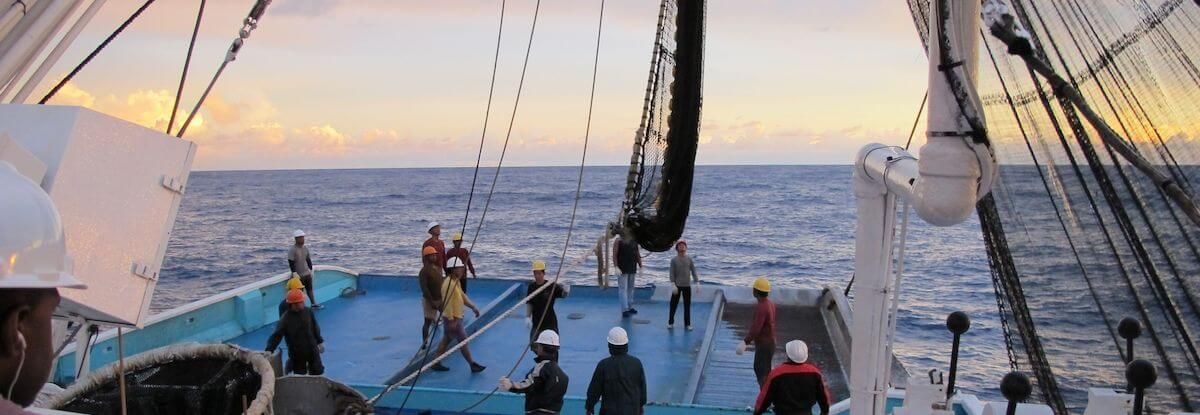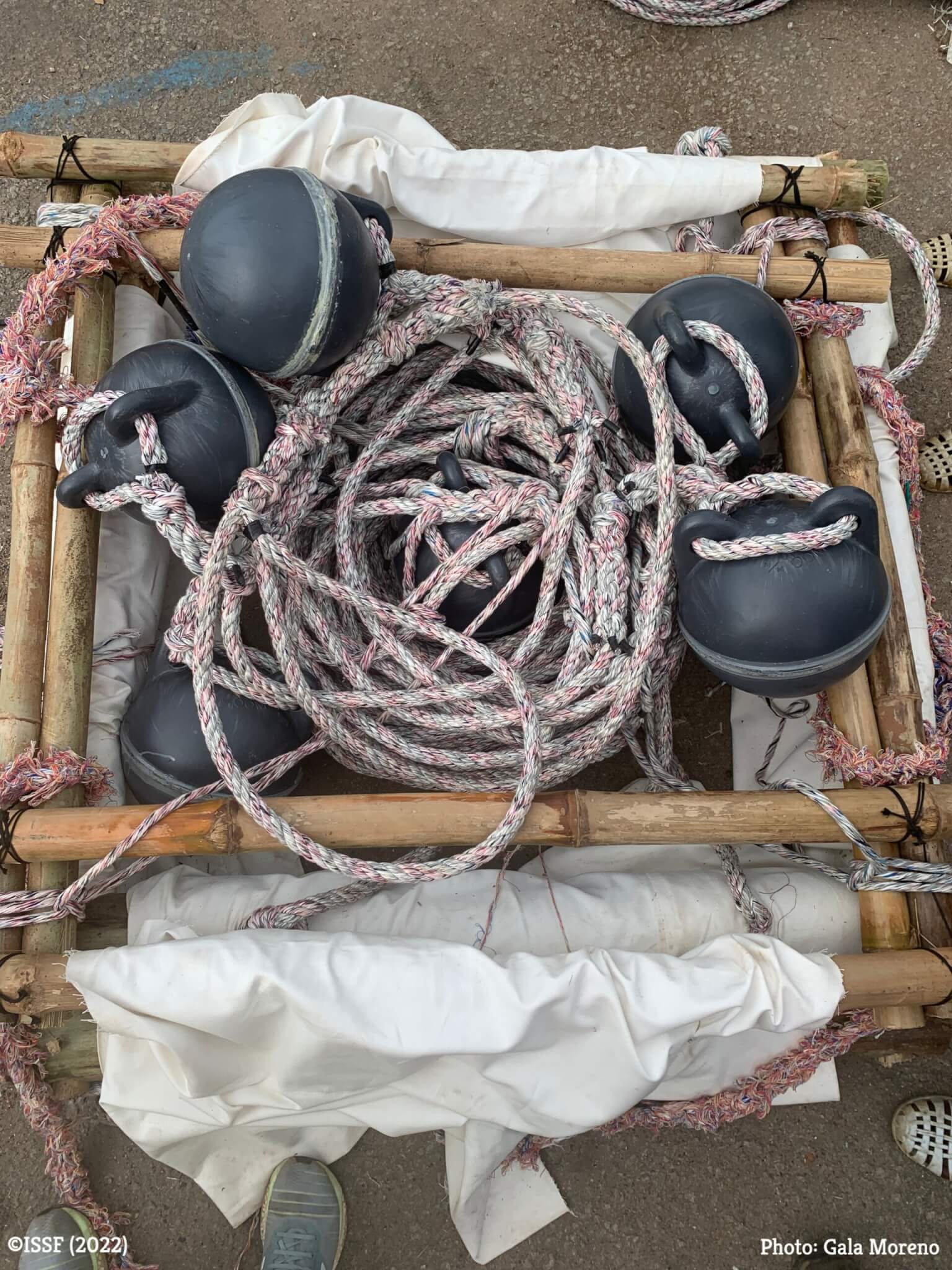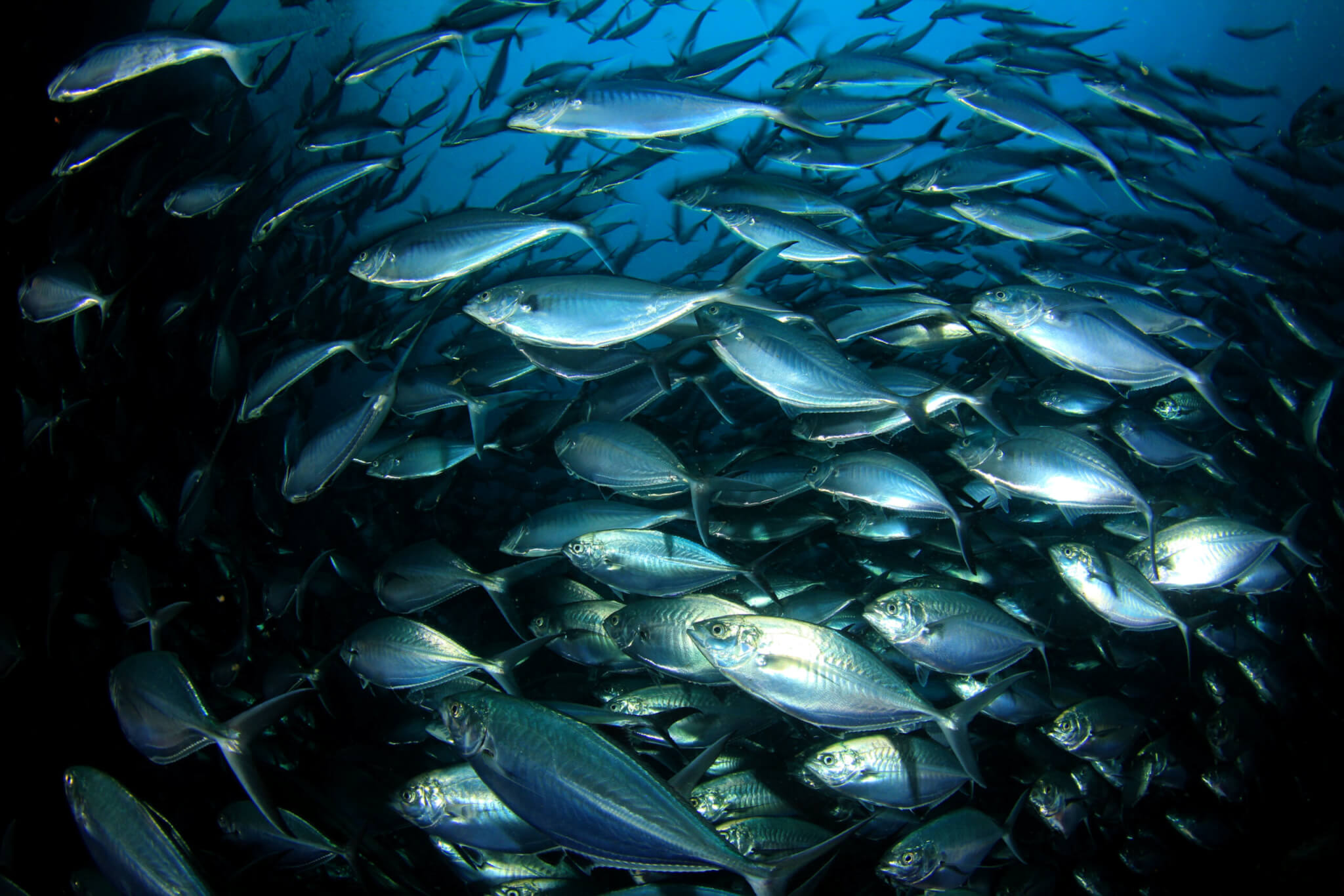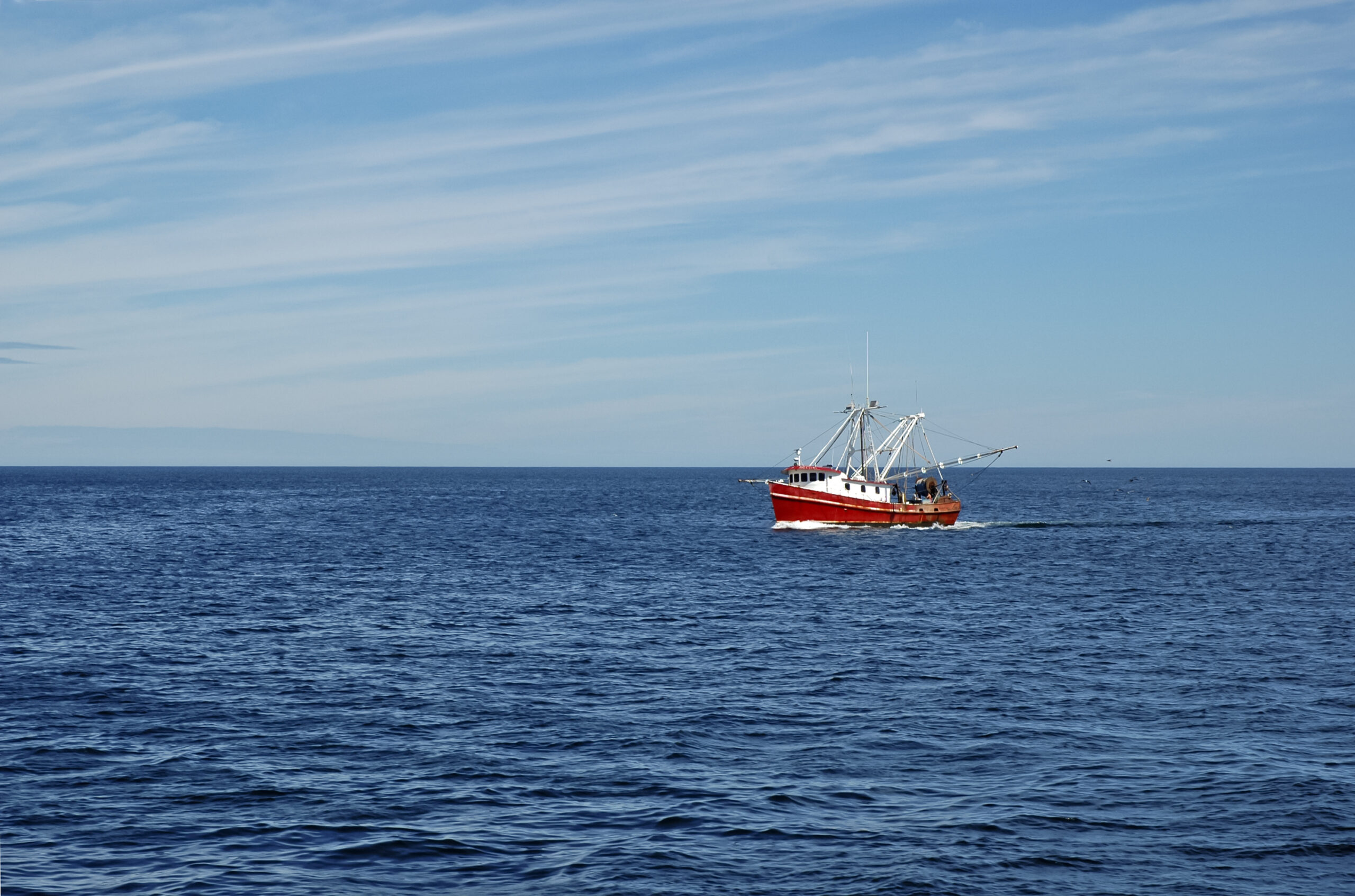Fishers for Sustainable Tuna | Partners on the Front Lines
Peer Reviewed Article
Improving sustainable practices in tuna purse-seine fish aggregating device (FAD) fisheries worldwide through continued collaboration with fishers
More than a decade of bottom-up collaborative workshops and research with fishers from the principal tropical tuna purse seine fleets to reduce ecological impacts associated with the use of fish aggregating devices (FADs) has yielded improved sustainable fishing practices in all oceans. This integrative effort is founded on participatory knowledge-exchange workshops organized by ISSF, where scientists, fishers, and key stakeholders examine and develop together ways and tools to minimize fishery impacts.
More articles from ISSF and partners
Featured Graphic
Since 2009, ISSF-sponsored scientists and presenters have been traveling the world in an effort to share best practices with fishers in every port. Take a look at where we’ve been to date.
Featured Fact
The 2023 ISSF Annual Conservation Measures & Commitments Compliance Report shows that ISSF Participating Companies achieved 100% conformance with ISSF Conservation Measure 3.4 – Skipper Best Practices. The measure requires companies to conduct transactions only with those purse seine and longline vessels whose skippers have:
- Attended an in-person and/or online ISSF Skippers Workshop; or
- Attended an in-person Skippers Workshop provided by a tuna FIP and conducted by a trainer that has been accredited by ISSF to conduct these workshops; or
- Viewed an ISSF Skippers Workshop video online; or
- Reviewed the online Skippers Guidebook
Featured Videos
Improving FAD Design through Fisher Collaboration
We’re working with fishers, scientists, and industry to find the best non-entangling designs and natural materials for fish aggregating devices (FADs) that can biodegrade. A new video from the Pacific Community (SPC) explores trials of jelly-FADs in the Western Central Pacific Ocean, which are part of a three-year project of the Western Central Pacific Fisheries Commission (WCPFC), done in collaboration with ISSF. The project aims to construct and test, in real fishing conditions, a new type of non-entangling and biodegradable FAD called the jelly-FAD. The jelly-FAD mirrors jelly fish, drifting naturally in the water column.
Featured Resource
Verified Public Vessel Lists
To promote transparency in tuna fishing, ISSF works with regional organizations and data sources to provide information about fishing vessels and their practices. We maintain searchable public tuna vessel lists for sustainable fishing stakeholders.
The ProActive Vessel Register (PVR) is one of four ISSF public vessel lists. Vessels that join the PVR commit to provide regular information about specific activities, including best practices linked to ISSF conservation measures. This information is displayed on the PVR, showing facts about each vessel, and — based on independent audit results — whether the vessel is following these best practices for more sustainable fishing.
Like the PVR, ISSF’s Vessels in Other Sustainability Initiatives (VOSI) list is a transparency tool for stakeholders that want to understand which tuna vessels have made public commitments to more sustainable fishing beyond those commitments tracked on the PVR.



